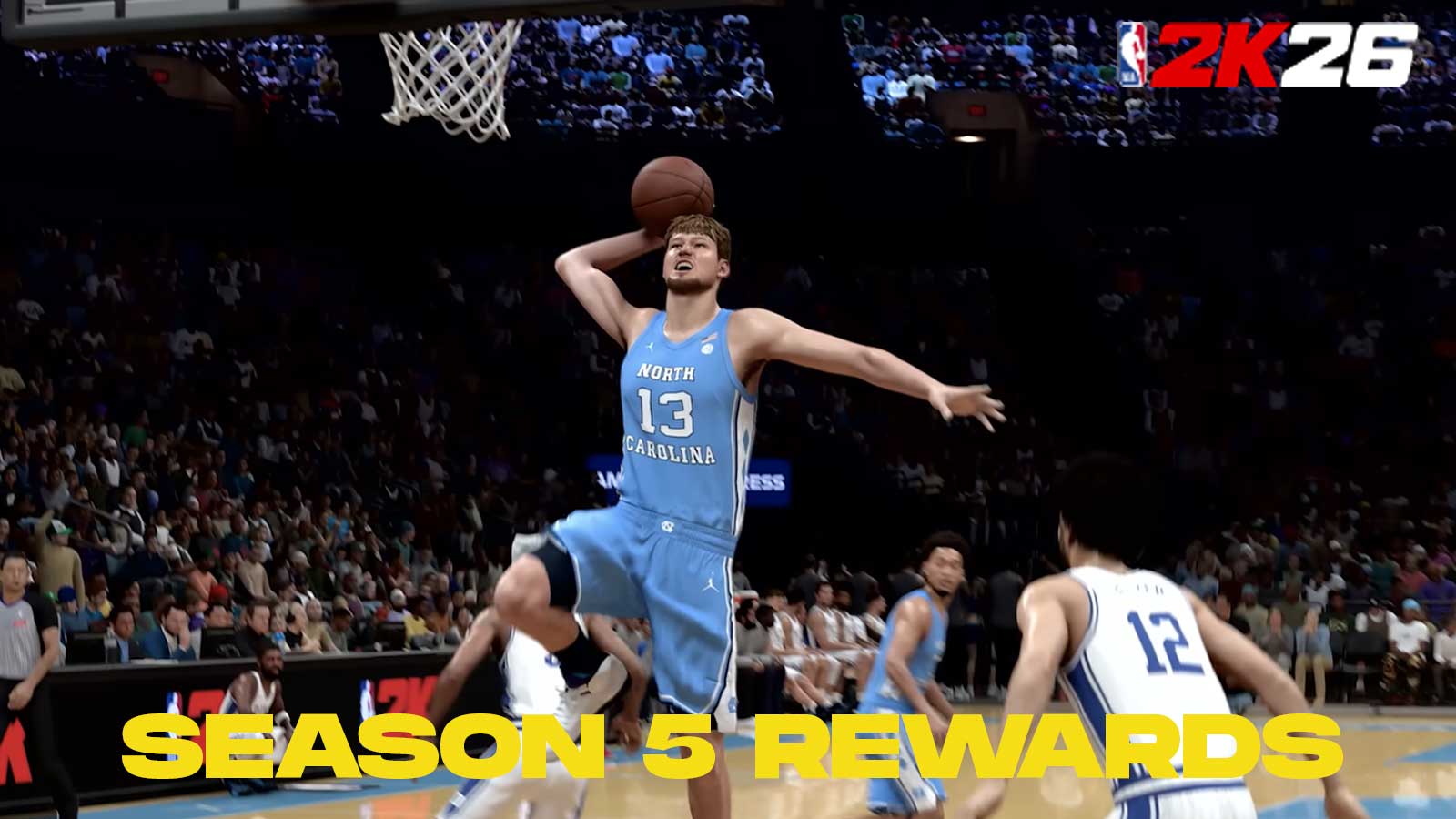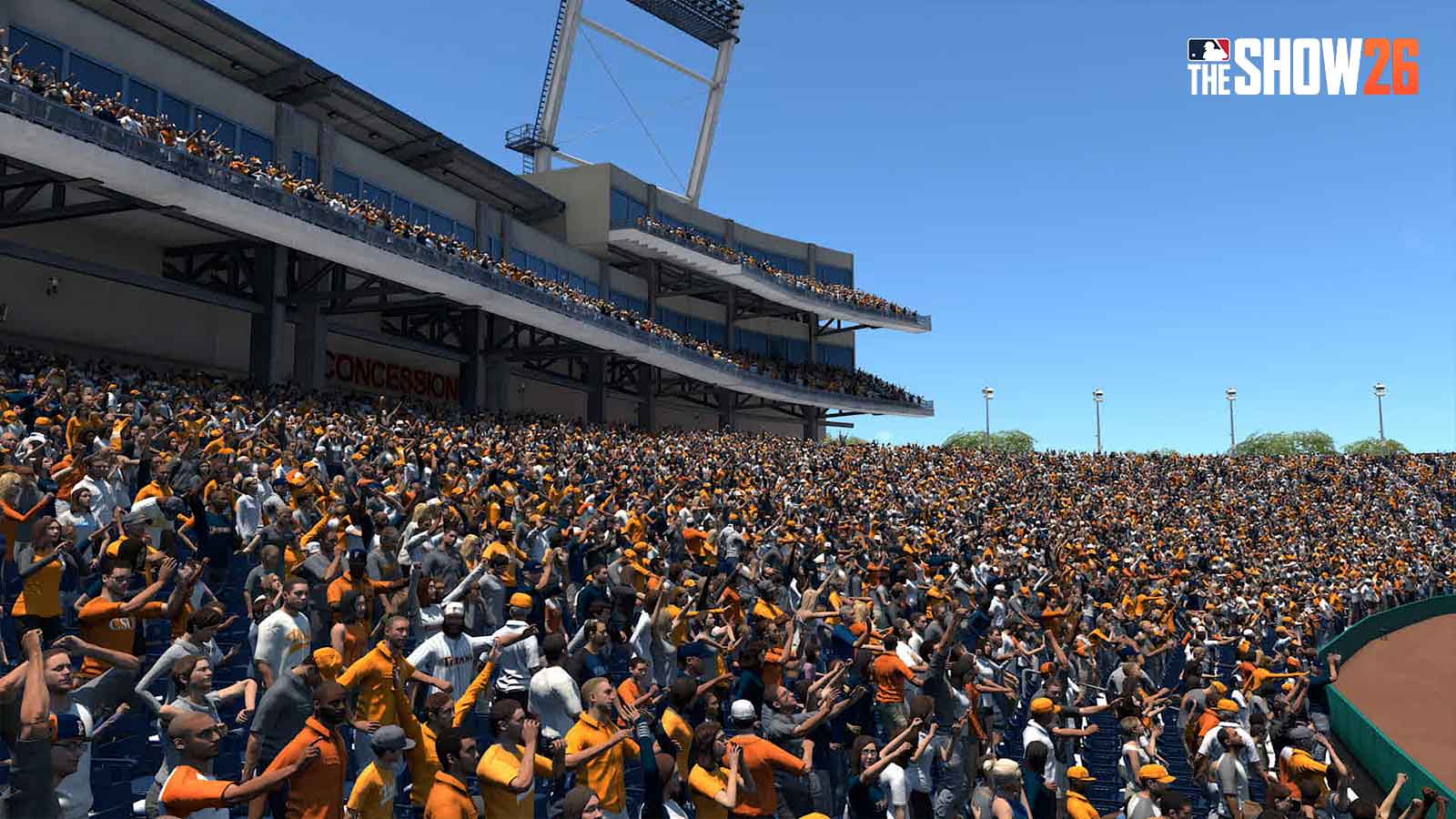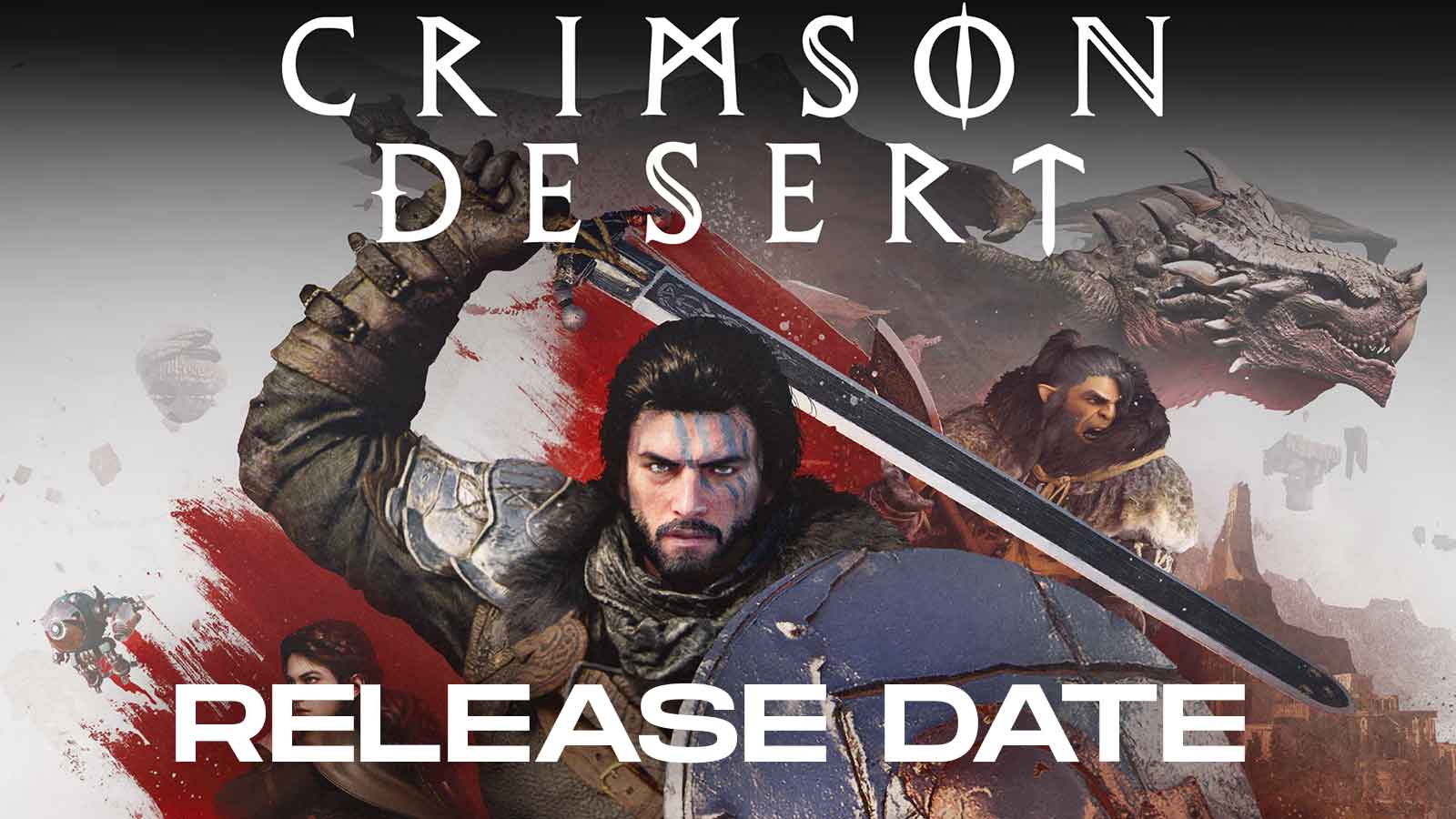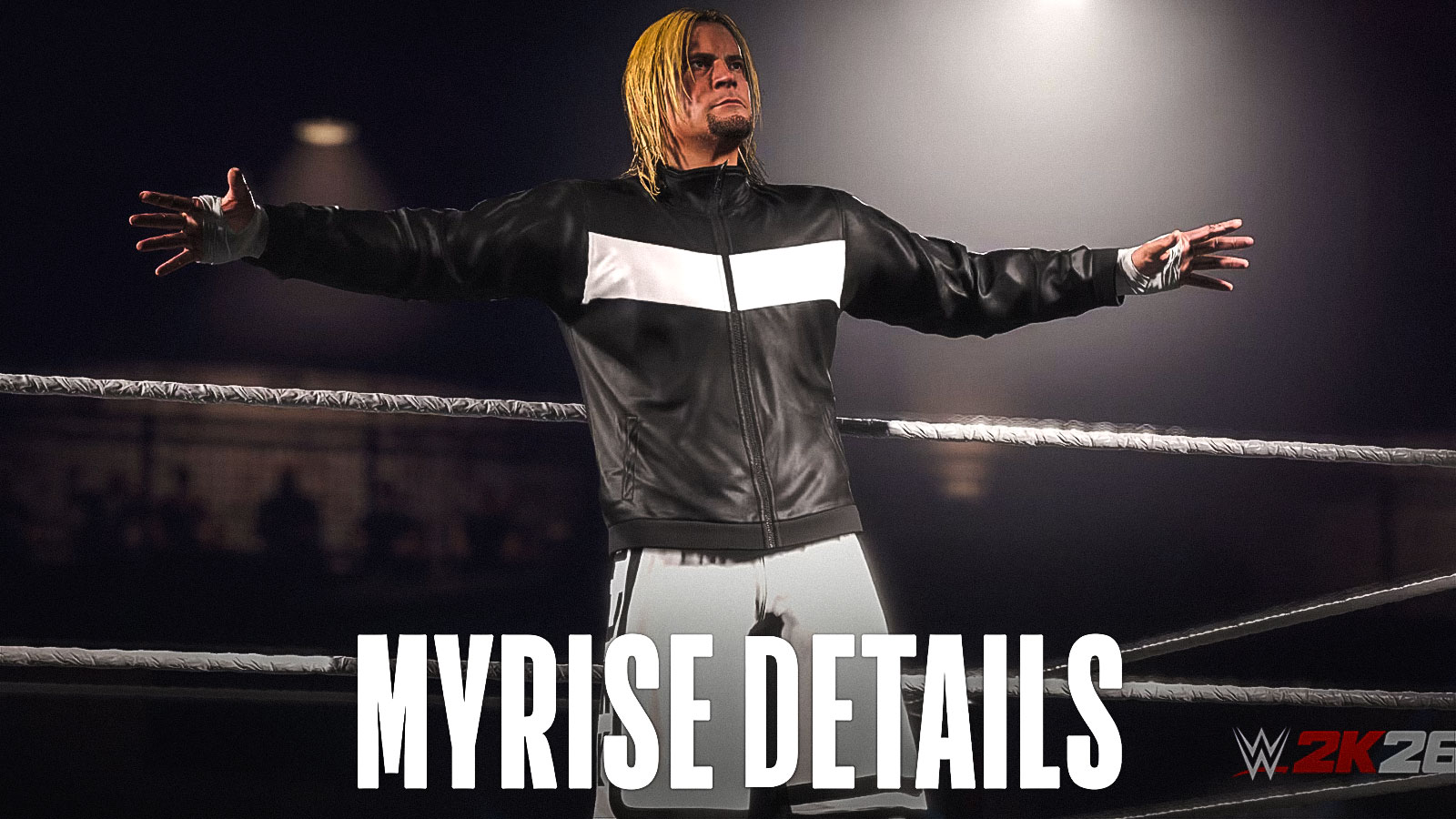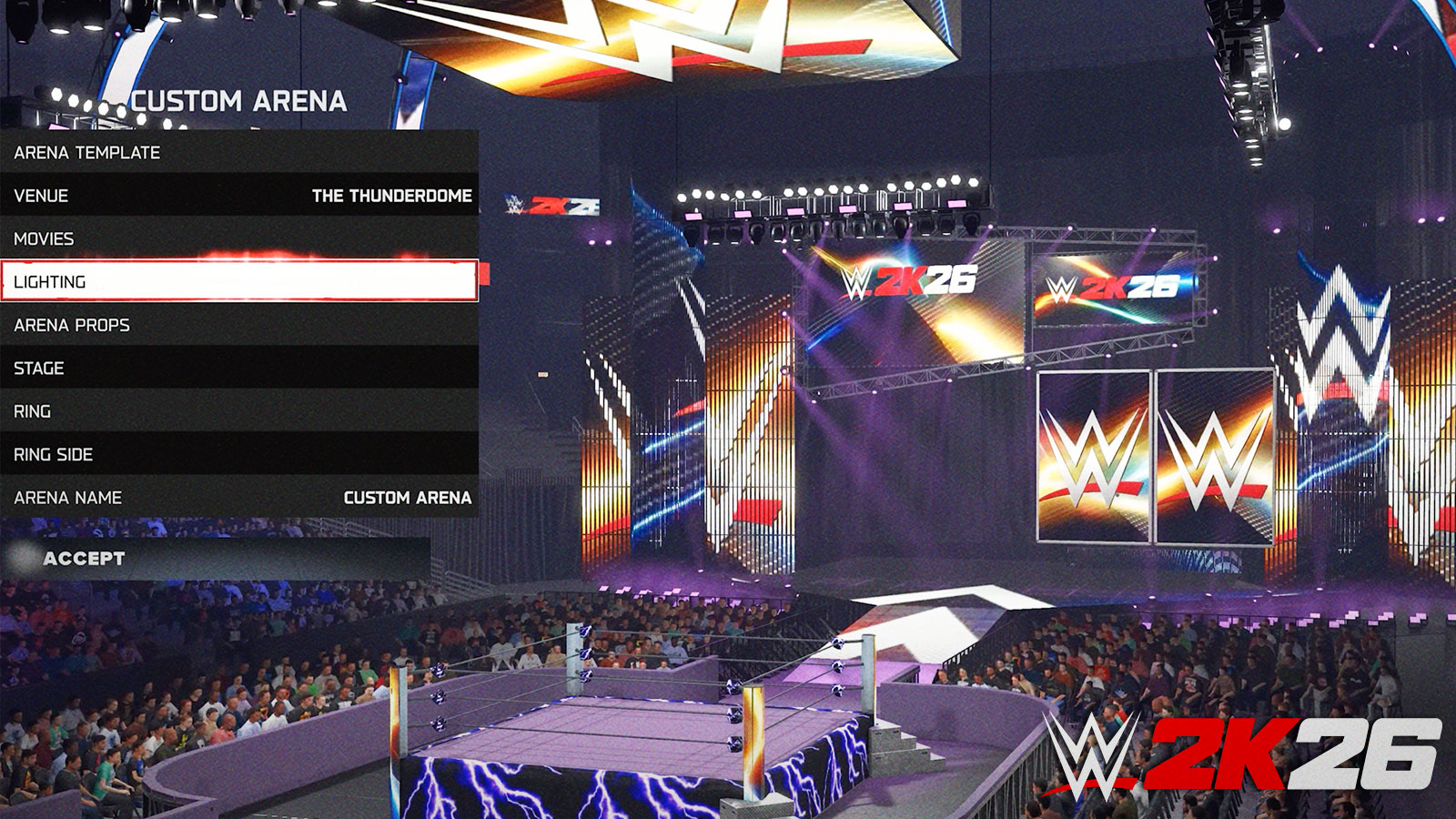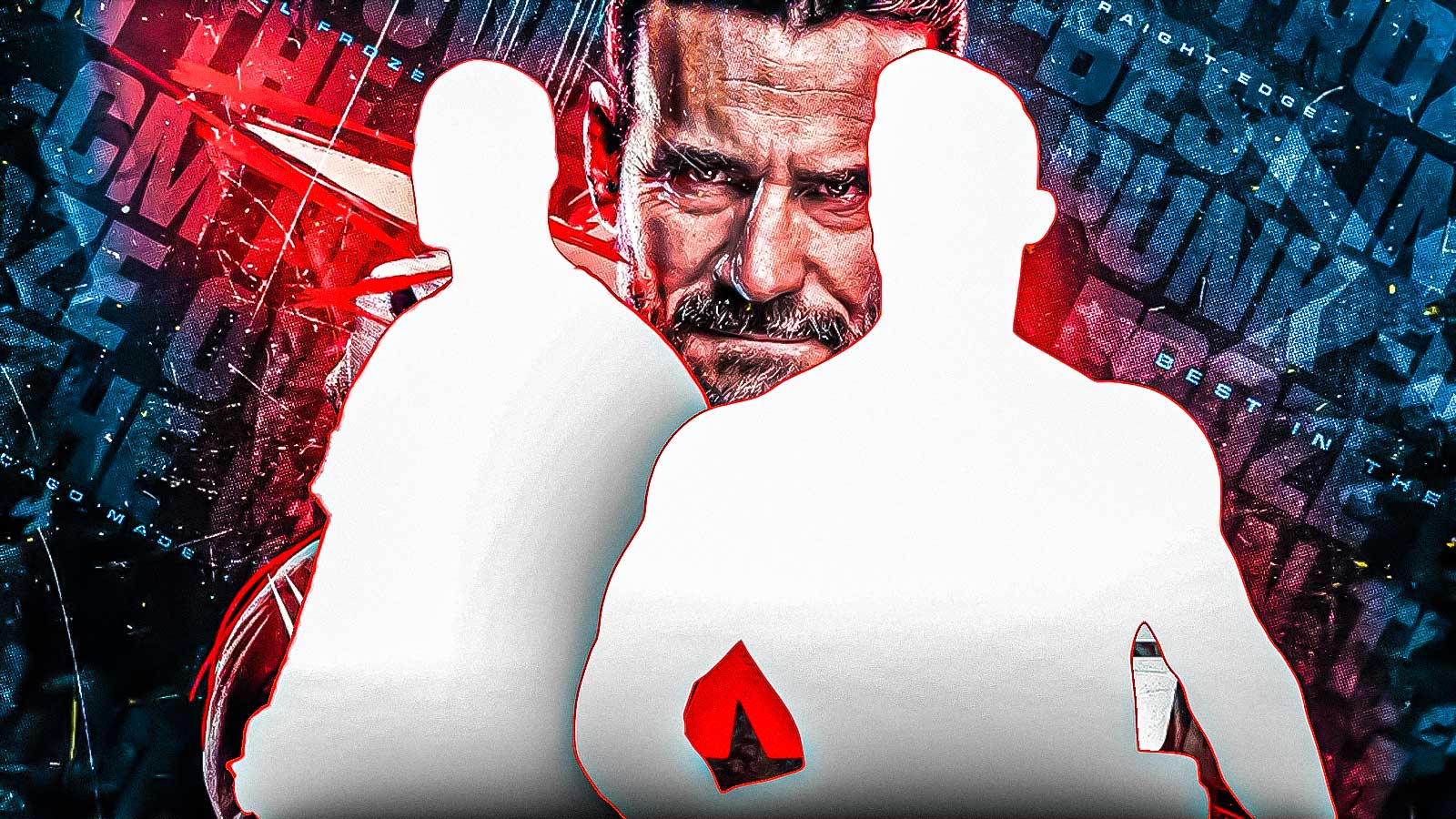Atlus' Shin Megami Tensei series already has a massive family tree at this point. Perhaps its most well-known offspring is the Persona series, which brought the company massive success. The most successful of these Persona games is the latest of the bunch, Persona 5, whose success led to the development of a couple of spin-off titles. Now, it has what I would call its bastard son, Metaphor ReFantazio.
Giving a video game series might be a weird metaphor, but let me explain. Metaphor ReFantazio is the debut title of Atlus' development department Studio Zero, directed by Katsura Hashino. Those who have been playing Shin Megami Tensei games for a long time would be able to recognize the name as the director of Shin Megami Tensei games, and of course, Persona 3 to 5.
Following the release of Persona 5, Hashino established Studio Zero, indicating that he wanted to part ways with the Persona series, as he saw it taking a wholly new direction following Persona 5's massive success. With Studio Zero, the intent is to start developing new IPs for the company that will be wholly independent of the Shin Megami Tensei, and by extension, the Persona series.
But the DNA of the Persona games can be clearly felt in Metaphor ReFantazio, which we can already tell from our brief six-hour demo experience with the game. However, that does not necessarily mean that this new game is just Persona with a new coat of paint. In this Metaphor ReFantazio First Impressions article, we talk about all the merits of this new IP, and how it metamorphosed from its source.
Evolving from the Persona DNA
The influences of the Persona series has on Metaphor ReFantazio is evident, and many of the game's core mechanics and gameplay features evoke it. However, this is not necessarily a bad thing. This is the first game out of Studio Zero, after all, and it's only natural for the development team to draw from their collective experience, especially with so many members of the team coming from P-Studio.
What's important is the ability of Metaphor ReFantazio to establish its own take on these familiar gameplay mechanics and make them their own, and for these mechanics to feel natural and not forced, and to make these features subservient to the overall themes of Metaphor ReFantazio rather than shoehorned for familiarity. So far, Studio Zero has been successful on both fronts, which we'll explain further.
As a JRPG, Metaphor ReFantazio's gameplay is formulaic. There's the exploration of towns and dungeons, the undertaking of quests, and fighting in turn-based battles. The game also inherits the calendar system of the Persona series, along with its relationships system and personality cultivation system.
The only missing major gameplay mechanic from previous Shin Megami Tensei and Persona games is the monster-taming mechanic. Fans who are expecting the ability to converse with monsters, summon them to battle, or fuse them for better monsters will be disappointed. In its place comes in the game's class system which Atlus has not attempted to do since the middling Tokyo Mirage Sessions ♯FE.
Familiar Combat
Metaphor ReFantazio's combat is similar to most Shin Megami Tensei games. The player's party and the enemy party take turns attacking, defending, and using abilities or items. Battles utilize turn icons, with each party assigned one for each member of the party that is still alive. A turn icon is consumed for every action made, with the turn passing to the other team once they run out.
The resistance, weakness, and nullify elemental system also make a return with new names for the spells. Gone is Agi, say hello to Bot. Successfully exploiting weaknesses provides players with additional actions by only consuming half a turn icon. Meanwhile, nullified attacks cause opponents' turns to immediately end. The player's party characters' weaknesses and resistances are dictated by their class.
As far as combat goes, it's familiar territory. Even the battle interface is very reminiscent of Persona 5. The only notable change would be the ability to move between the front row and the back row, affecting damage taken and dealt in battle.
The evolution? Metaphor ReFantazio is much more respectful of players' time by letting players skip battles for lower-level enemies. Just like in Persona games, battles are initiated with contact with enemy avatars during the game's dungeon crawling section. Players can gain an advantage if they attack enemies before contact – but in Metaphor ReFantazio, if the enemy is low-level enough, they can straight up die.
Less Personal, More Political
Metaphor ReFantazio also has a relationship system, but it's striking that it calls the people you have relationships with as Followers, instead of friends or colleagues. Indeed, Metaphor ReFantazio's political backdrop and the player's ability to cast their lot on the political system of the world make gaining Followers and cultivating trust with them make sense beyond just personal relationships.
That also means that Metaphor ReFantazio will not have any romance routes. Sorry, but you can't marry your waifu in this game, no matter how high you can take your Follower Level with them. With a world thrown into chaos and your player taking on the mantle of a politician, romance has to be thrown to the sidelines.
Also, instead of personal growth, the player instead cultivates their political persona. The game has the player cultivate five different “Royal Virtues:” Courage, Wisdom, Tolerance, Eloquence, and Imagination, said to be the traits that one has to have to be deserving of the royal crown. The way to cultivate these virtues is similar to the Persona games – you spend time doing chores or completing tasks.
These Royal Virtues also open up new dialogue options for your players, give them access to some shops, and allow players to unlock otherwise unreachable content.
Running Out of Time
Metaphor ReFantazio also has a Calendar system, with the player character fighting against the clock in completing their quests, and tasks, and moving the game forward. Major events in the game are tied to days on the calendar, and players will have to prepare accordingly based on the remaining time given to them.
There are various McGuffins that will drive the plot forward, but the most major among them is the Day of the Hero. Set four months into the future, the Day of the Hero will determine who shall be crowned as the new King – more on this later. The player will have to manage their time between cultivating their Virtues, gaining Followers, and honing their combat prowess to complete tasks and quests on time.
The ability of this calendar system to drive the narrative forward while giving the player something to look forward to and something to work towards at all times is just as successful it is here as it were in previous Persona games, showing the timelessness of this feature.
Class Change and Progression
Metaphor ReFantazio introduces a class system to give its characters different sets of skills, abilities, and play styles. The classes in the game, called Archetypes, are bestowed upon the player's party members through mystical transformations following traumatic events. The more Followers the player gains, the more Archetypes become available for the player to switch to.
Archetypes can be unlocked once per character for that character to freely switch to that class, with each Archetype having the ability to evolve into more advanced forms. There are fifteen different base Archetypes in the game, giving players a diverse set of play styles to choose from. Players can also “inherit” skills learned from one Archetype to be usable by the character while using another Archetype.
Taking on a new Archetype will affect the character's stats and give them access to new abilities and skills, as well as a set of weaknesses and resistances.
The amount of variety and depth that these Archetypes provide is very welcome and makes the loss of the monster-taming mechanic of the game much more bearable.
Exploring Mature Themes and Politics
Metaphor ReFantazio's story is overtly political in nature, with the Kingdom of Euchronia meant to be a mirror of the real world. The game explores themes of social structure, racism, utopia, and how the masses respond to the rise of a fascist ruler.
The game's central plot is driven by the recent death of the King of Euchronia at the hands of his general Louis, who himself vies for the throne and drives his agenda using populist rhetoric. Using the last ounces of his strength, the King uses his magical powers to run a general election, with the most popular candidate by four months' time becoming the Kingdom's new Monarch.
That sounds a lot like Democracy, but the King's contest actually skips the voting process – instead, a giant carved stone appears at the center of the Capital City of Euchronia. As people's support towards candidates shifts, the giant stone morphs into the faces of the candidates. The more support the candidate has, the bigger space his face occupies on the surface of the stone.
The King's Magic can then sense the will of the people, and would dutifully elect the person who has the most support from the people by the end of the four months' time that the King has given his people. How each candidate would react to this contest drives the main narrative of the game.
Lead scenario planner Yuichiro Tanaka says that the game's story takes inspiration from political clashes in the real world, which he believes are rooted in the very human feeling of anxiety. He also says that the ability to explore different perspectives among the game's topics allows them to craft characters with more dimensions, as opposed to the incorruptible teenage characters seen in Persona games.
Players appear to be able to craft their own path in Metaphor ReFantazio, even casting their lot in the game's political arena by becoming a candidate for the King's election. We do not know yet just how deeply involved the player could get into political themes in the game, but we've seen so far depictions of poverty, racism, prejudice, fascism, bigotry, religious intolerance, and extremism among other real-world themes and issues.
This backdrop already gives the game an entirely different feel and atmosphere compared to other Shin Megami Tensei (which usually deal with the divine battle between good and evil) and Persona games (which usually talk about how good trumps evil through the incorruptible will of the youth). It's going to be interesting to see how the rest of the game plays out.
Metaphor ReFantazio is a Metamorphosis of Persona Games
Metaphor ReFantazio strikes a strong balance between playing to its developers' strengths, using familiar concepts to make longtime fans comfortable, and introducing new concepts to push the boundaries of the developers' creative capabilities.
While the influence of Persona games is very evident, Metaphor ReFantazio is shaping up as a step forward for this specific subgenre of JRPGs. Along with its theme and backdrop, Metaphor ReFantazio emerges as a metamorphosis of sorts for this family of games, evolving from its predecessor's form into an entirely different being of its own.
We'll see if this metamorphosis will turn out to be for the better, but it's already clear this early on that the game was made by an ambitious team, backed by a high budget, and was made with a very specific vision in mind.
Metaphor ReFantazio will be out on October 11, 2024, for the PC through Steam, as well as on the PS4, PS5, Xbox One, and the Xbox Series X, with the entire 6-hour Prologue Demo playable, with the demo's save file transferrable to the full game.









